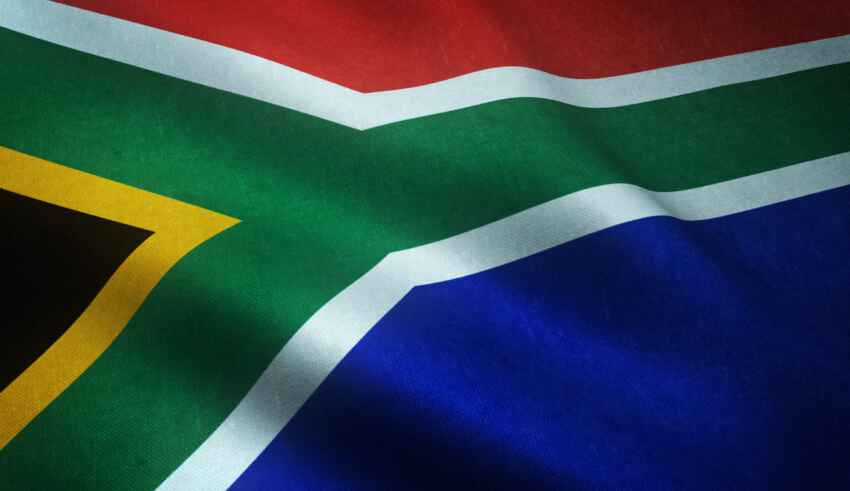
Over the last few months, we have been closely watching the development of the war in Palestine, where Israeli forces have been adamant about essentially exterminating an entire civilization with the explicit support of many western countries that are fighting in the international community for the protection of Israel’s right to self-defense.
Of course, the proportions taken by the military have been so overly inequitable with the attacks made by the Hamas group in October of last year that the self-defense claim is simply serving as a nice excuse for these atrocities to keep happening in Palestine and for Israel to face no consequences in the international order.
Unfortunately, the influence of the US and the UK over the global order is bluntly keeping society away from peace, with their false understanding that peace can come as a result of conflict and that all actions taken by members of the UN to aid the region in reaching a ceasefire have fallen short by veto’s.
As we are only left with the option to watch the horrible developments continue in Palestine, the international community has been actively fighting against the outdated influence of some UN member states and is trying to bring some justice to the table, which is undeniably serving as an important first step for transitional justice and actual conflict resolution to be achieved in the community.
South Africa has recently been named as one of these countries that is doing its best, regarding its legal capacities and understanding of international law, to bring to the ICJ a genocide case against Israel. In some good news, there has been a lot of support for this case coming from Palestinians and pro-palestine organizations in hopes that the ICJ finally recognizes Israel’s horrific military campaign in Gaza.
In summary, South Africa is accusing Israel of the crime of genocide, granting the ICJ jurisdiction over the matter based on the excessive killing of Palestinians in Gaza, especially children; the blockage of food, water, and medical assistance to the area; the destruction of essential health services in Palestine; and many other atrocities documented in the war.
What South Africa is aiming for is for the ICJ to impose provisional measures against Israel to prevent the country from committing any other future crimes, and they are arguing that these measures are necessary in order to provide the utmost level of protection against further harm to the rights of Palestinians that are being continuously violated with impunity.
As usual in the international community, bringing a case to the ICJ unfortunately does not equal an immediate response from the court against Israel, and it does require a long and demanding amount of hours for everything to be settled and for everyone to be heard. So, once again, we are only left waiting for any good news.
And while we wait for that, South Africa has been working on another important case against the US and the UK, claiming that they are complicit in such war crimes committed by Israel in the Gaza Strip, as South African attorneys hope for the US to be held accountable for the repeated crimes it committed across history.
Accountability seems to be the key word for all of these lawsuits, and rightfully so. As we all know, there tends to be some implicit—or, better said, ignored—tendencies for international courts to lean towards the US and allow them to keep their questionable international status that is long overdue to be extinct.
In this case, what’s given South Africa the motive to go after the US is their continuous support for Israel in committing the alleged genocide in Palestine by sending Israel money and resources that allow such barbaric actions to happen in the region. South Africa also mentions how the international community’s lack of acknowledgement for the actions of the US in Iraq in the past must not be repeated, especially in such an explicit and vicious scenario.
This ultimately leads us to ponder how complicity seems to be a quick way for a country to get their way and continue to go unpunished in international society. Complicity doesn’t translate to simply supporting; it involves the active status of a country to enable and grant the means for another country to commit genocide acts against a people.
What adds another layer of complexity is the inconsistent response from the international community. Some nations might face consequences, while others seem to slip through the cracks, often due to political alliances or strategic considerations. This kind of selective accountability really makes you wonder about the fairness of the whole global order. And when complicity involves supporting things as horrendous as genocide, it not only questions the integrity of the involved parties but also challenges the broader international community’s commitment to basic humanitarian principles.
By The European Institute for International Law and International Relations
REFERENCES:















